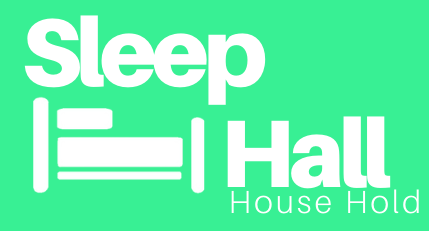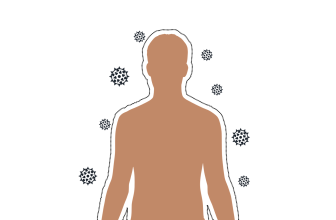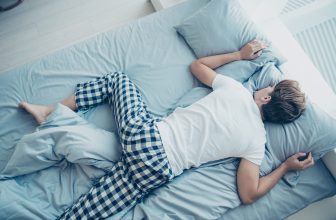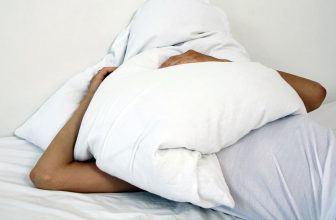sleephall.com is a participant in the Amazon Services LLC Associates Program, an affiliate advertising program designed to provide a means for sites to earn advertising fees by advertising and linking to Amazon.com so we may earn a commission when you use the links on this page to buy products , thanks.
Introduction
Insomnia is a common sleep disorder that affects millions of people worldwide. It
can be caused by a variety of factors, including stress, anxiety, depression, and medical
conditions. Insomnia can have a significant impact on a person’s quality of life, leading to
fatigue, irritability, and difficulty concentrating during the day. Fortunately, there are many ways
to fight insomnia and improve sleep quality. In this article, we will explore some tips, techniques,
and treatments that can help you overcome insomnia and get a good night’s sleep.
Tips for Better Sleep The first step in fighting insomnia is to make some lifestyle changes that can improve your sleep hygiene. These include:
Establishing a regular sleep schedule
Creating a relaxing bedtime routine
Avoiding stimulants such as caffeine and nicotine
Limiting daytime naps
Exercising regularly
Creating a comfortable sleep environment
Cognitive Behavioural Therapy (CBT) for Insomnia CBT is a form of talk therapy that
has been shown to be effective in treating insomnia. It focuses on changing negative thought
patterns and behaviours that can contribute to sleep problems. CBT can be done individually or in
a group setting, and it typically involves several sessions with a trained therapist.
Medications for Insomnia If lifestyle changes and CBT do not work, your doctor may
recommend medications to help you sleep. These can include prescription sleep aids, over-the-
counter sleep aids, and medications that treat underlying medical conditions that may be causing
your insomnia. However, it’s important to use these medications only as directed and under the
guidance of a healthcare professional.
Alternative Therapies for Insomnia In addition to lifestyle changes, CBT, and
medications, there are several alternative therapies that may help you sleep better. These include:
- Acupuncture
- Massage therapy
- Herbal remedies
- Meditation
- Yoga
When to Seek Help for Insomnia If your insomnia persists despite making lifestyle
changes and trying various treatments, it may be time to seek help from a healthcare
professional. Your doctor can perform a physical exam, review your medical history, and
recommend further testing if necessary. They may also refer you to a sleep specialist for
additional evaluation and treatment.
Conclusion
Insomnia can be a frustrating and debilitating condition, but there are many ways to
fight it and improve your sleep quality. By making lifestyle changes, seeking therapy, and using
medications or alternative therapies as needed, you can get the restful sleep you need to feel your
best.
Product Recommendations
- White Noise Sound Machine:
2) LectroFan White Noise Machine:

3) Gravity Blanket:
4) Philips SmartSleep Wake-up Light:

5) Essential Oil Diffuser:

6) Eye Mask for Sleeping
Scientific References
- National Sleep Foundation. (n.d.). Insomnia. Retrieved from https://www.sleepfoundation.org/insomnia
- Morin, C. M., Bootzin, R. R., Buysse, D. J., Edinger, J. D., Espie, C. A., & Lichstein, K.L. (2006). Psychological and behavioral treatment of insomnia: Update of the recentevidence (1998-2004). Sleep, 29(11), 1398-1414. https://doi.org/10.1093/sleep/29.11.1398
- Pigeon, W. R., Carr, M., Gorman, C., & Perlis, M. L. (2010). Effects of a tart cherry juicebeverage on the sleep of older adults with insomnia: A pilot study. Journal of Medicinal Food, 13(3), 579-583. https://doi.org/10.1089/jmf.2009.0096








I’ll be back for more articles from https://www.sleephall.com
Thorough article
Informational
Brilliant article
Excellent information
Thank you for the excellent information